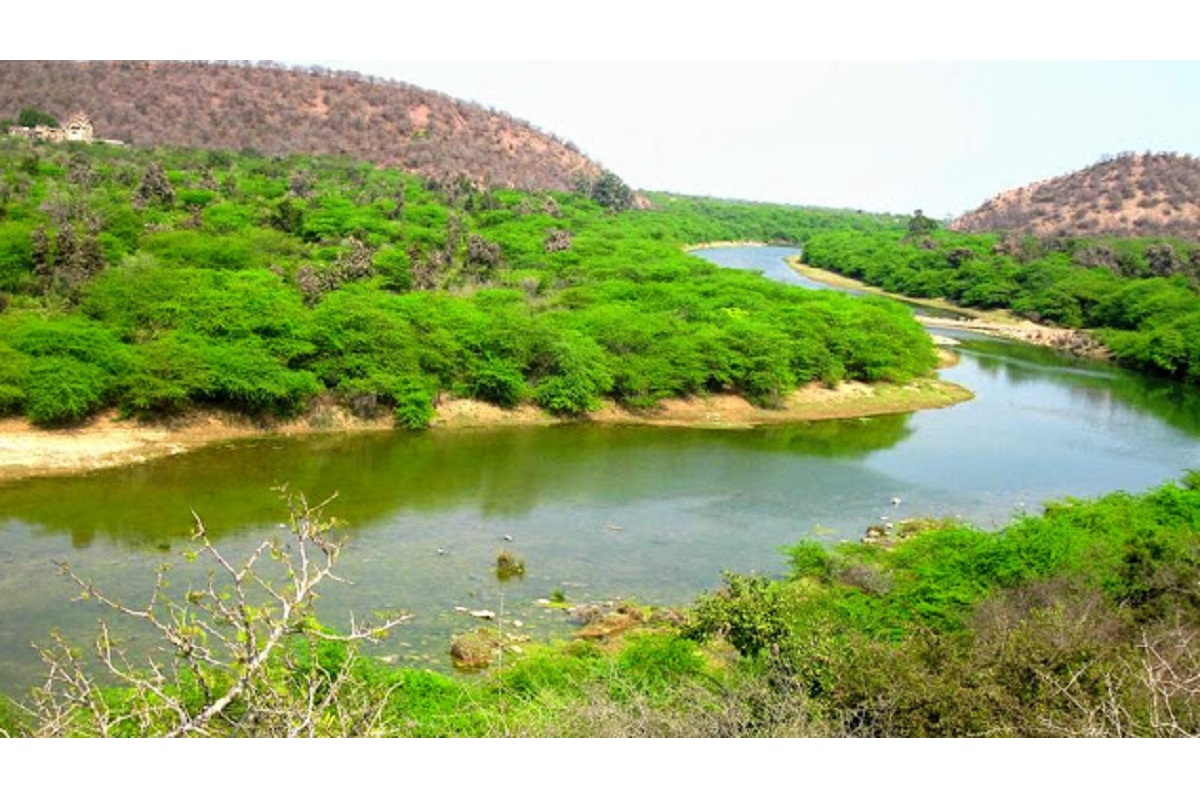National conference on sustainability at women’s college in Midnapore
The event, held from 19-21 March, was jointly organised by the departments of geography and zoology.
The draft notification for expanding the Eco-Sensitive Zone (ESZ) around the Mahananda Wildlife Sanctuary, issued by the Union Ministry of Environment, Forest, and Climate Change in September 2024, has sparked significant debate.
SNS | Kolkata | February 17, 2025 9:57 am

(Photo: SNS)
The draft notification for expanding the Eco-Sensitive Zone (ESZ) around the Mahananda Wildlife Sanctuary, issued by the Union Ministry of Environment, Forest, and Climate Change in September 2024, has sparked significant debate. The proposed expansion increases the ESZ from 405.28 to 539.86 square kilometres, aiming to strengthen wildlife conservation efforts, particularly for elephant corridors.
However, this move has faced opposition from tea planters’ associations, who argue that it could hinder the implementation of West Bengal’s Tea Tourism and Allied Business Policy, 2019, designed to promote sustainable development in the tea sector. Tea planters’ associations, including the Terai Indian Planters’ Association and the Darjeeling Tea Association, have raised concerns that the expansion disproportionately impacts tea estates while allegedly excluding “prime real estate areas” near Siliguri.
Advertisement
Mahendra Kumar Bansal, Chairman of the Terai Indian Planters’ Association, criticised the draft notification, claiming it selectively targets teagrowing regions, extending the ESZ from 1 km to 18.16 km in these areas. He argued that the expansion undermines the state’s efforts to promote eco-friendly tea tourism and sustainable economic development. Mr Bansal also questioned the rationale behind the expansion, citing recent incidents of elephant movement in Siliguri’s Eastern Bypass and Salbari areas, which he believes should have been considered in the ESZ formulation. He emphasised that the Tea Tourism Policy, tailored to address the unique needs of North Bengal’s tea industry, should take precedence over general ESZ regulations.
Advertisement
According to Mr Bansal, the policy strikes a balance between environmental stewardship and economic sustainability, providing ecofriendly development and employment opportunities. The conflict between the ESZ expansion and the Tea Tourism Policy highlights a broader tension between environmental conservation and economic development. While the tea industry fears job losses and economic disruption, environmental advocates argue that protecting wildlife corridors and biodiversity is critical for long-term ecological health. To address these concerns, several meetings have been held between stakeholders.
On 4 and 10 January 2025, the Mayor of Siliguri Municipal Corporation met with representatives of North Bengal’s tea associations, who unanimously opposed the draft notification. Subsequently, on 24 January 2025, a committee was formed during a meeting with the Chief Conservator of Forests, Wildlife North, to deliberate on the issues and recommend solutions.
Advertisement
The event, held from 19-21 March, was jointly organised by the departments of geography and zoology.
India has taken the lead in providing finance to renewable energy projects by including them in “priority sector lending” to accelerate the country’s transition to a low carbon economy in the fight against climate change.
Once renowned for its high-quality Mandarin oranges, Darjeeling has seen a decline in orange cultivation over the past few years due to climate change and pest attacks. Frustrated by mounting losses, many local farmers abandoned orange farming.
Advertisement
